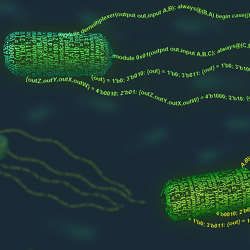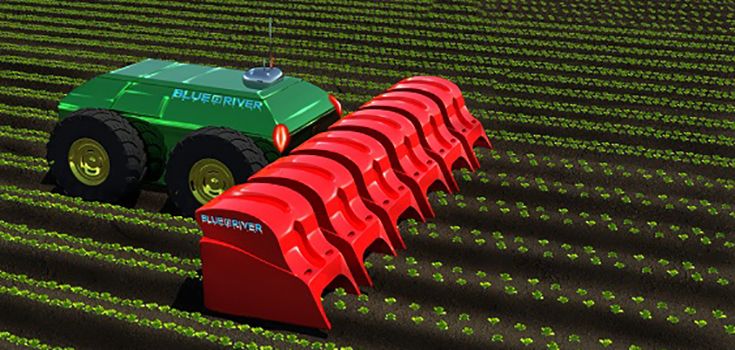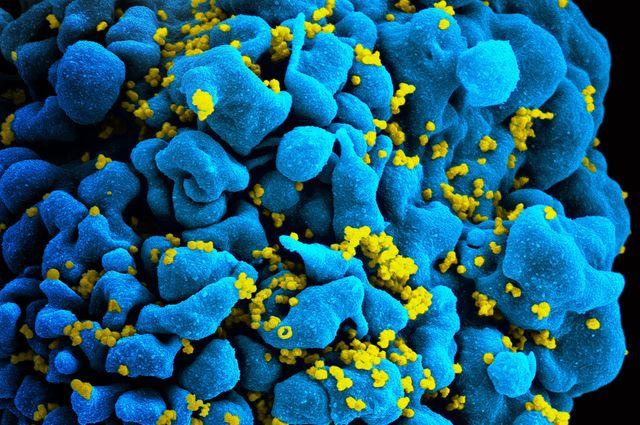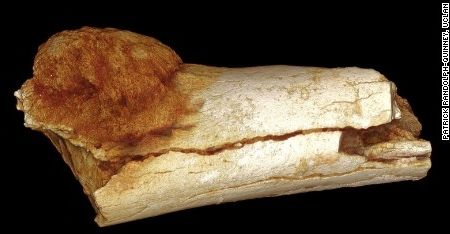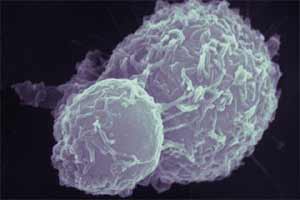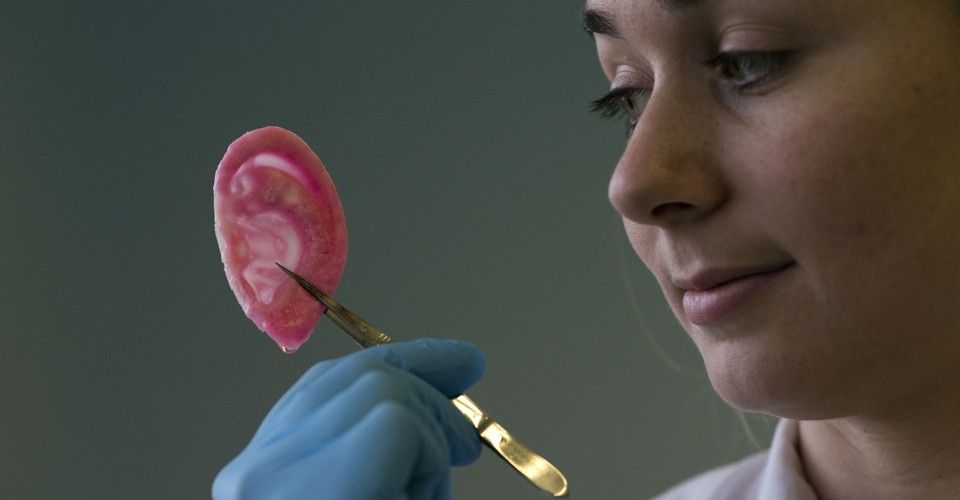Archive for the ‘biotech/medical’ category: Page 2632
Jul 29, 2016
New Automation Technologies are Revolutionizing Farming
Posted by Shailesh Prasad in categories: biotech/medical, food
Should all new technologies be used?
At the head of all this you will hear about the latest technology from the biotech world, such as CRISPR, that allows scientists to edit the very genome of a plant or animal, but not all technologies that can be used should be used.
While learning to grow massive quantities of organic food in urban landscapes without pesticides is great news, taking away human oversight from farming isn’t necessarily going to make our food better.
Continue reading “New Automation Technologies are Revolutionizing Farming” »
Jul 29, 2016
Promising Cancer-Fighting Gene Immunotherapy Could Be Used Against HIV, UCLA Research Suggests
Posted by Karen Hurst in categories: bioengineering, biotech/medical
AWESOME.
New UCLA research suggests that a gene-based immunotherapy that has shown promising results against cancer could also be used against HIV, the virus that causes AIDS.
In a study to be published in an August issue of the bi-monthly peer-reviewed Journal of Virology, researchers with the UCLA AIDS Institute and Center for AIDS Research found that recently discovered potent antibodies can be used to generate chimeric antigen receptors, or CARs, that can be used to kill cells infected with HIV-1.
Jul 29, 2016
He Wants to Inject Your Bloodstream With Healing Nanobots
Posted by Karen Hurst in categories: biotech/medical, chemistry, nanotechnology
This Catalonian chemistry wiz is developing a jet-pack engine to deliver medicine inside our bodies.
Jul 29, 2016
How the most connected hospitals will use chatbots
Posted by Karen Hurst in categories: biotech/medical, food, health, life extension, mobile phones, robotics/AI
Sure, chatbots are useful for service industries like hospitality and food delivery, but in health care? Some groups are testing the use of chatbots to retrieve medical information from within a messaging app. At first glance, that seems a bit impersonal, but a closer look reveals a wide range of use cases where bots could make your next visit to the hospital, doctor’s office, or pharmacy faster and more effective.
Let’s run this back a bit. If you’re not familiar with bots, here’s a brief explanation. Bots are software applications that run automated tasks or scripts that serve as shortcuts for completing a certain job, but they do it faster (a lot faster) and with verve. And in health care, we spend a lot of time spent generating and retrieving information.
By putting a trained army of bots inside an application — smartphone, desktop, whatever-top — health care workers can rapidly improve throughput by simply cutting out a bunch of steps. That’s something most care providers today would welcome, especially with millions of new people entering the system as a result of the Affordable Care Act and the aging of baby boomers. With the crush of increased data entry and new regulations, costs and rote work are skyrocketing.
Continue reading “How the most connected hospitals will use chatbots” »
Jul 29, 2016
Algoma professor develops way to send emails — using only your mind
Posted by Karen Hurst in categories: biotech/medical, neuroscience
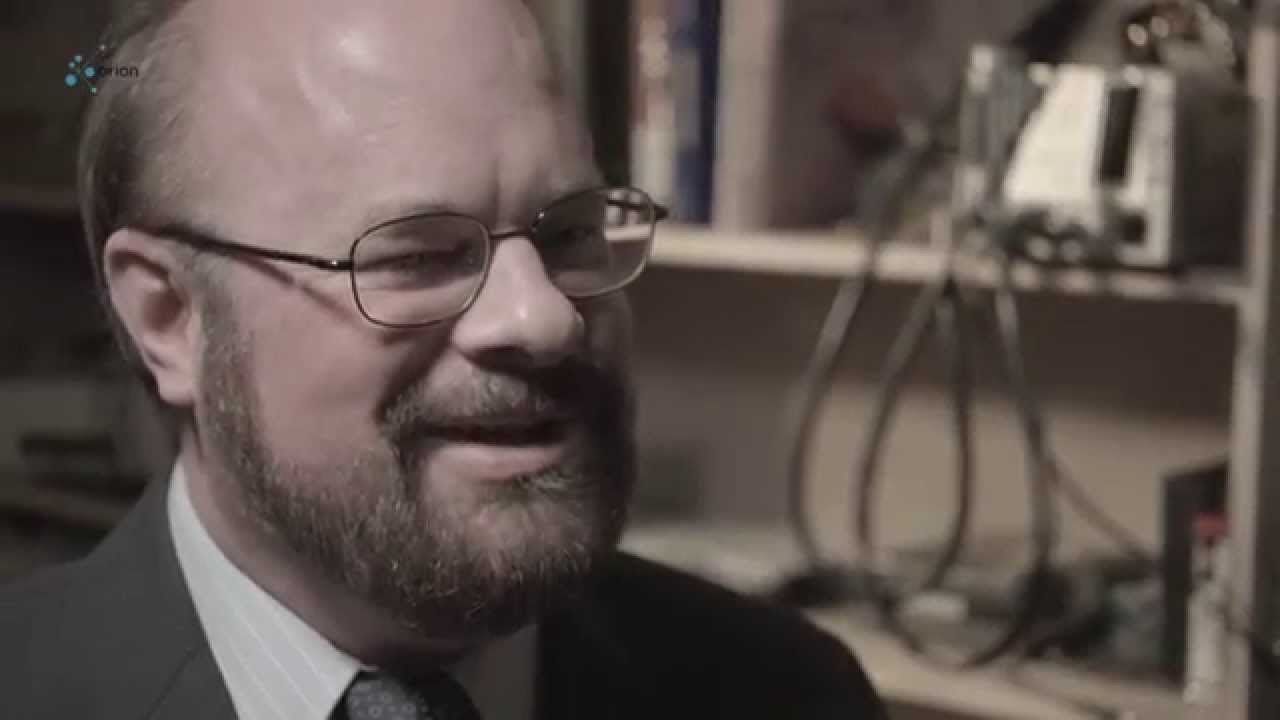
Back in 1992; me and another peer who worked with me on ORNL’s ELIMS use to wish we had this technology then. And, now it looks like we’re getting closer to this capability.
An Algoma University professor has made strides in developing technology that lets ALS patients compose emails without typing.
Continue reading “Algoma professor develops way to send emails — using only your mind” »
Jul 29, 2016
Scientists find cancer in million-year-old fossil
Posted by Karen Hurst in category: biotech/medical
Cancer ever since a million years ago.
Maybe cancer isn’t so modern after all. A new discovery suggests the disease is more than a million years old.
Jul 29, 2016
New rare form of hereditary colon cancer identified
Posted by Karen Hurst in categories: biotech/medical, genetics
Researchers have discovered that mutation in a gene can led to a form of hereditary colon cancer which was not identified earlier. The researchers discovered genetic changes in the MSH3 gene in patients and identified a new form of colon cancer.
“The knowledge about molecular mechanisms which lead to cancer is also a precondition for the development of new targeted drugs,” said Stefan Aretz from University of Bonn Hospital in Germany.
The formation of large numbers of polyps in the colon has a high probability of developing into colon cancer, if left untreated.
Continue reading “New rare form of hereditary colon cancer identified” »
Jul 28, 2016
Diving into the Fountain of Youth with Aubrey de Grey
Posted by Steve Hill in categories: biotech/medical, ethics, life extension

A new Aubrey de Grey podcast about the work SENS RF is conducting to cure age related diseases.
On today’s episode of Bulletproof Radio Dave and aging expert Aubrey de Grey talk about the 7 aging causes, morbidity & the ethics of immortality. Enjoy!
